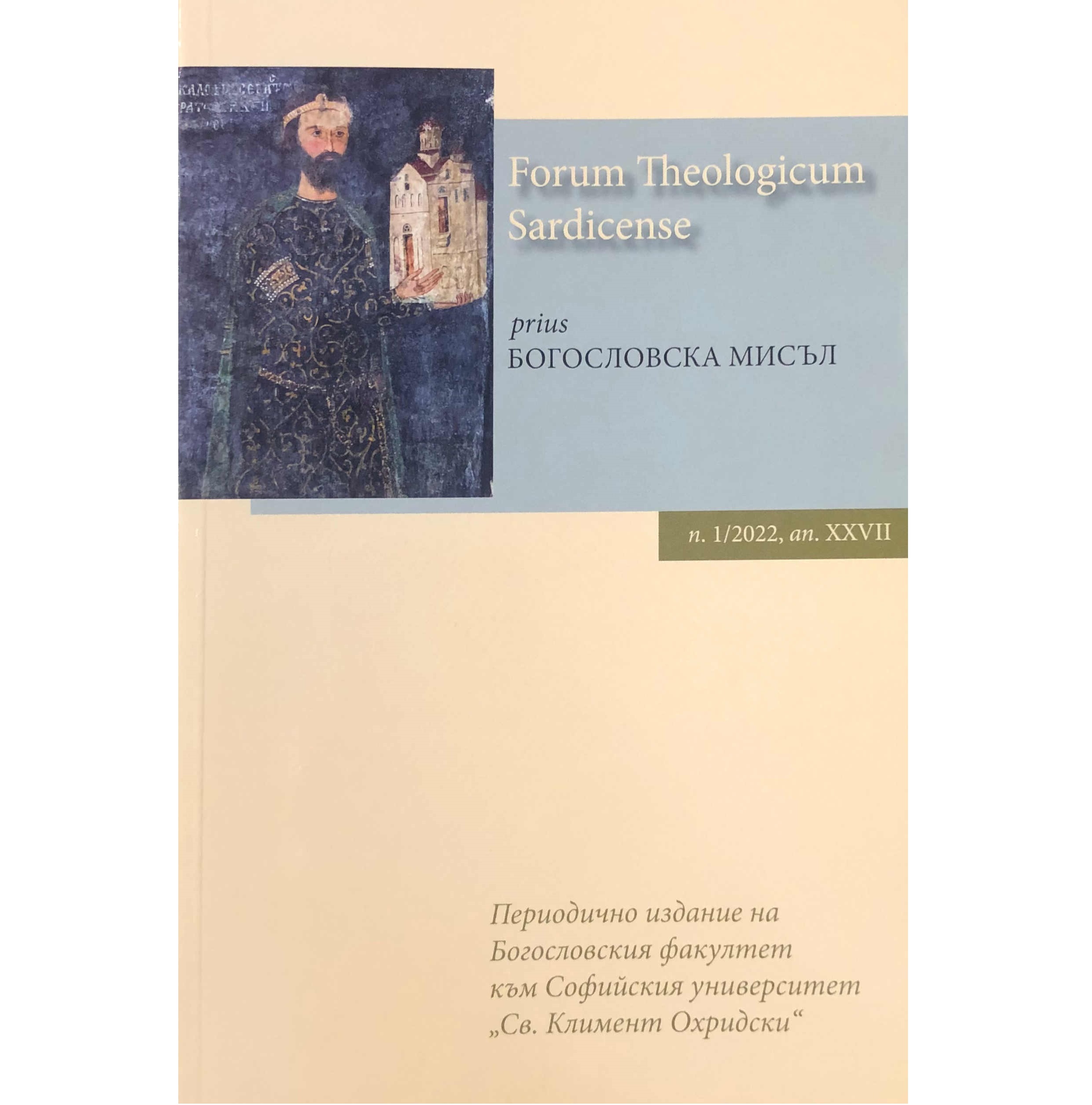The Use of term “Matter” (ὕλη) in St. John Damascene
Keywords:
Orthodox Theology, Patristics, St. John Damascene, Patrology, Orthodox Dogma, Orthodox Tradition, Holy FathersAbstract
Ioannis Kaminis, The Use of term “Matter” (ὑλη) in St. John Damascene.
The current paper examines firstly the important distinction between created
(κτιστόν) and uncreated (ἄκτιστον), as well as between originated (γενητὸν)
and unoriginated (ἀγένητον). This is an essential philosophical and theological
prerequisite for the teaching of St. John Damascene on matter. The latter’s
teaching on matter is mainly contained in his works Philosophical Chapters in
The fountain of Knowledge, Against the Manicheans and his treatises Against
those who attack the holy images. St. John Damascene reveals one of the main
ontological characteristics of creatures, which is perishability. Thus, matter
cannot create individual essences, i.e., it plays no role in the creation of the
world, nor it is eternal as in ancient Greek philosophy. The world exists because
it was created by God, because He brought it to existence according
to the Christian teaching of creatio ex nihilo. In other words, a fundamental
characteristic of matter is perishability. According to St. John Damascene
matter is a consequence of God’s will and action. He also identifies the word
creation (κτίσις) with the word matter (ὕλη) and vice versa. Therefore, by
identifying matter with creation, St. John Damascene shows that matter is
not a constituent element of existing things, rather, it is a consequence of
their changeability and of the fact that they are created (κτιστά). Thus, a second
characteristic of matter is that it is mutable or changeable and created
(κτιστή). Thirdly, what is without beginning is categorically immutable and
unchangeable. However, on the other hand, everything that has a beginning
is mutable. Therefore, matter, as changeable in itself, has a beginning.
Downloads
Published
How to Cite
Issue
Section
License
Copyright (c) 2022 Annual of St. Clеment of Ohrid University of Sofia – Faculty of Theology

This work is licensed under a Creative Commons Attribution-NonCommercial 4.0 International License.

